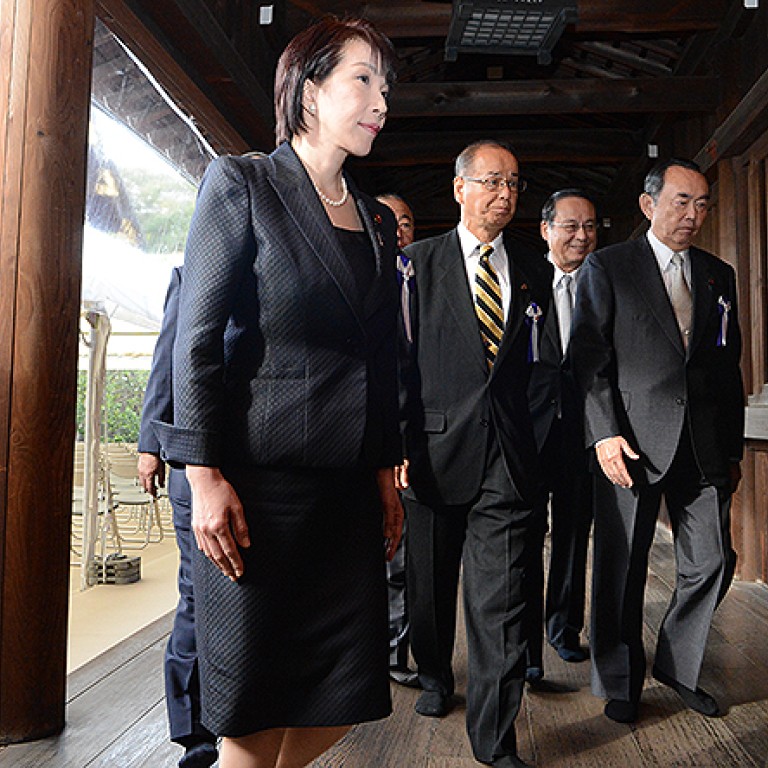
Do Chinese and Japanese really want a life filled with hatred and war?
Lex Zhao says East Asians must move beyond the hatred of the past
Years ago, a former Japanese colleague asked me about the Analects of Confucius . But I couldn't help because I had never learned any of Confucius' teachings. He was so stunned he asked whether I had actually been educated in China. Now that I recall, as a child I did learn something: we used to sing songs such as "Traitor Lin Biao, Kong Lao Er, both are bad elements!" - Kong Lao Er being a disparaging reference to Confucius.
Later I learned that in Japan, Confucius' teachings are part of college entrance exams; babies born into the royal family are usually given names from the Chinese classics; while the kimono was originally called a , supposedly learned from the Wu state during the Three Kingdoms period.
Even today, the more formal a Japanese document becomes, the more Chinese characters it uses. Chinatowns in Yokohama, Kobe and Nagasaki are at the centre of these cities and attract millions of visitors each year.
On the other hand, countless word and terms in modern Chinese words were initially Japanese. Many Chinese pop songs are copies of Japanese originals. Beijing's earliest subway and its airport were built with interest-free loans from Japan. Part of the booming high-speed rail in also uses Japanese technology.
And did you know that the Chinese national anthem (you could call it "the anti-Japan song"), is sung in Japan every year, with a ceremony? That's because its composer Nie Er died in an apparent drowning off Shonan beaches, south of Yokohama, while he was with a Japanese girl. The girl's local community built a tomb for him and remember him by singing his masterpiece on the anniversary of his death every year.
Of course, politicians visit the Yasukuni shrine, glorify invasion or justify the use of "comfort women", but they are a tiny minority. Japan is a stable democracy run by tradition and civil servants. Politicians come and go. In order to be heard, some ultraconservatives often make extreme noises, which unfortunately are picked up by overseas media.
Yet, even today, former prime ministers Tomiichi Murayama and Yukio Hatoyama have criticised the current premier's handling of Sino-Japanese relations and the Diaoyu Islands dispute, even calling him a traitor of the Japanese people.
Chinese used to say "little Japan", referring to its physical size and also the fact that the average Japanese was shorter than the average Chinese. But data shows that both are almost identical in height, on average. Japan also has a per capita gross domestic product almost 10 times that of China, with many world-famous brands. In short, China can learn a lot economically from Japan.
We should also remember that when Japanese prime minister Kakuei Tanaka visited Beijing in 1972, he tried to apologise for the Japanese invasion and the pain it inflicted upon the Chinese. Mao Zedong stopped him short, saying there was no need for an apology, because without the Japanese invasion, the Communists could not have toppled the Nationalists and eventually come to power.
Mao's generation and the generation afterwards, such as Deng Xiaoping and Hu Yaobang who had directly suffered as a result of the Japanese invasion, chose to forgive. There is no need to settle old scores with the grandchildren of the invaders.
People in East Asia must ask whether we want a life of turmoil, fear, hatred and war, like our fathers and grandfathers suffered. What about our children and grandchildren; wouldn't they be able to lead a better life by co-operating and prospering with each other? We must live for today, and for our children and grandchildren, instead of for our great grandparents.
